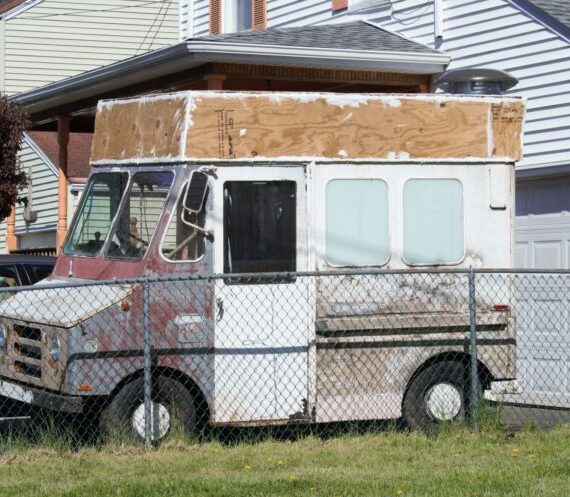
In March, two loose Pit Bulls attacked a Labradoodle being walked by Kate Molloy, one of the Downtown dog-walkers. With this happening in Bushnell Park at a time when food was being distributed to those in need, the incident had dozens of witnesses, several of whom stepped in to separate the animals and call 911. The owner of the pit bulls, during the attack, yelled at his dogs but according to witnesses, “did nothing.” The unleashed dogs — one male, one female — were unlicensed and unregistered; their owner claimed to have had them in his possession for only a few days. He was issued a $606 infraction and allowed to take the dogs home.
The victim in this had to go to an emergency vet — not an inexpensive endeavor — but was lucky to make it out of the experience alive. A smaller dog, or a child, would not have.
Just a few days later, a different person was knocked over in Bushnell Park by a loose dog; her own dog got nipped. She contacted the police, but they did failed to enforce the law.
Last May, two of Hartford’s three Animal Control Officers were given layoff slips, and because of backwards union rules, the decision of who got canned was based on nothing more than seniority. This meant that the most passionate and effective ACO was cut.
Actions have consequences.
Consequences: when police are called into situations with aggressive dogs, they have one — not three — ACOs to call on as resources. In a Facebook group, Deputy Police Chief Brian Foley commented that communication between the ACO and himself “is a challenge.”
What this means is that we all have to be more alert and prepared when walking in public spaces, as there is far less chance of an ACO being able to help should the need arise.
This weekend, Sherry DeGenova, a former Hartford ACO and the founder of Kenway’s Cause, spoke at Capewell Lofts to a group of dog owners about how they can protect their animals from being attacked. A first step, she said, was to survey the area and if there is an unleashed animal, keep a distance and go another direction. She talked about other types of self-defense, including how to get an attacking dog to disengage.
It’s about more than protecting pets. Donna Swarr shared an experience of walking through Colt Park and seeing a bunch of neighborhood kids hanging out in the bleachers instead of playing like they usually do. They called her over to say that they were scared of an off-leash dog that was running in the park. Swarr says she explained to the dog’s owner the effect his actions were having on children; he leashed his dog as a result.
DeGenova provided factsheets in English and Spanish explaining State of Connecticut and City of Hartford dog laws, along with the accompanying fines: failure to vaccinate, failure to license, roaming, nuisance, unreasonable confinement/tethering, leash laws, waste pickup, and having a dangerous dog. Participants were told about the different ways to get a dog license, including via mail.
Public education about responsibility is a challenge, even beyond the ACO cuts. There are individuals who know that leash laws exist, but believe their dogs are friendly and well-behaved. Addressing this mindset of exceptionalism and entitlement is going to require regular people to speak up when they see potentially dangerous choices being made.
